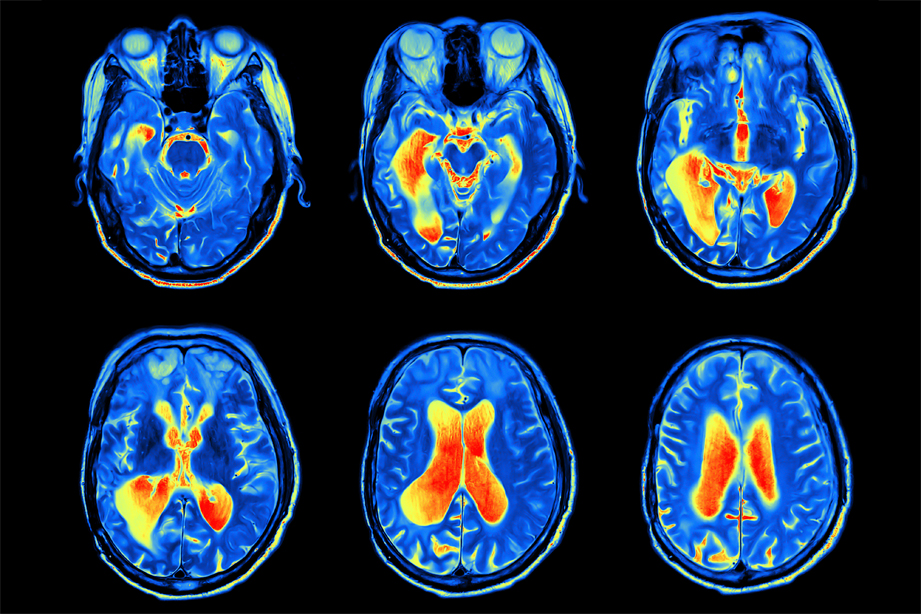The ASD Demonstration Project: Neuroimaging and Function
Project Category: Projects – Cycle I
July 21, 2015

Challenge
Right now, autism spectrum disorder is diagnosed based on behaviours and developmental delays, not neurobiological markers. If we knew more about autism’s basis in the brain, this might allow children to get a diagnosis sooner.
Project Summary
KBHN has played a crucial role in identifying genetic variants associated with ASD as part of its ASD Demonstration Project. To help elucidate if and how these genes influence brain development, project co-investigators collected MRI brain images from school-aged children with ASD, some of whom had one or more of the variants and others who did not. They used novel techniques in both structural imaging, which reveals the anatomical structure of the brain, and functional imaging, which shows brain activity. They also scanned the brains of typically developing children to provide another comparison point.
The researchers set out to connect particular brain characteristics with the genetic factors, behavioural symptoms and functional disabilities that link to ASD. To this end, they looked at the thickness, area, volume and complexity of the cerebral cortex over time and at connections between different regions of the brain. They also explored the role of sex and age.
Result
They found evidence that people with ASD may often have a differently structured frontal cortex and atypical brain connectivity. As a general trend, the efficiency of connections was high within local brain regions but lower than usual between them. These signs correlate with some of ASD’s core features, such as differences in sensory perceptions and social cognition (e.g. decoding others’ emotions and intentions). Even as neuroimaging and genome sequencing continued to generate new data, investigators were examining the clinical implications of this information—in other words, how to use it to benefit people with ASD and their families.
Team
Investigators
Project Leaders
Lonnie Zwaigenbaum, University of Alberta
Stephen Scherer, University of Toronto
Co-Investigators
Peter Szatmari, McMaster University
Eric Fombonne, McGill University
Michael Brudno, University of Toronto
Sal Carbonetto, McGill University
Anne Marie Craig, University of British Columbia
Krista L. Hyde, McGill University
Alan Evans, McGill University
Evdokia Anagnostou, University of Toronto
Geoff Hall, McMaster University
Susan Bryson, Dalhousie University
Isabel Smith, Dalhousie University
Wendy Roberts, University of Toronto
Jessica Brian, University of Toronto
Joanne Volden, University of Alberta
Pat Mirenda, University of British Columbia
Anthony Bailey, Warneford Hospital
Tracy Vaillancourt, University of Ottawa
Fiona Miller, University of Toronto
David Nicholas, University of Calgary
Bridget Fernandez, Memorial University
Collaborators
Andrew Paterson, The Hospital for Sick Children, Toronto
John Vincent, Centre for Addiction and Mental Health
David Stellwagen, McGill University Health Centre
Margot Taylor, Holland-Bloorview Kids Rehabilitation Hospital, The Hospital for Sick Children, University of Toronto
Larry Tuff, McMaster Children’s Hospital, Hamilton Health Sciences
Eric Duku, McMaster University
Marc Woodbury-Smith, McMaster University
Mandi Steinman, Montreal Children’s Hospital
Keith Goulden, Glenrose Rehabilitation Hospital
Margaret Clarke, Child Development Centre, Calgary
Charlotte Waddell, Simon Fraser University
Veronica Smith, University of Alberta
Partners
Applied Biosystems
Illumina Inc.
DNA Genotek Inc.
NIH Autism Sequencing Consortium
Ontario Research Fund GL2 grant for autism genomics
Women and Children’s Health Research Institute
Sinneave Family Foundation
Autism Speaks Canada
Autism Research Training Program